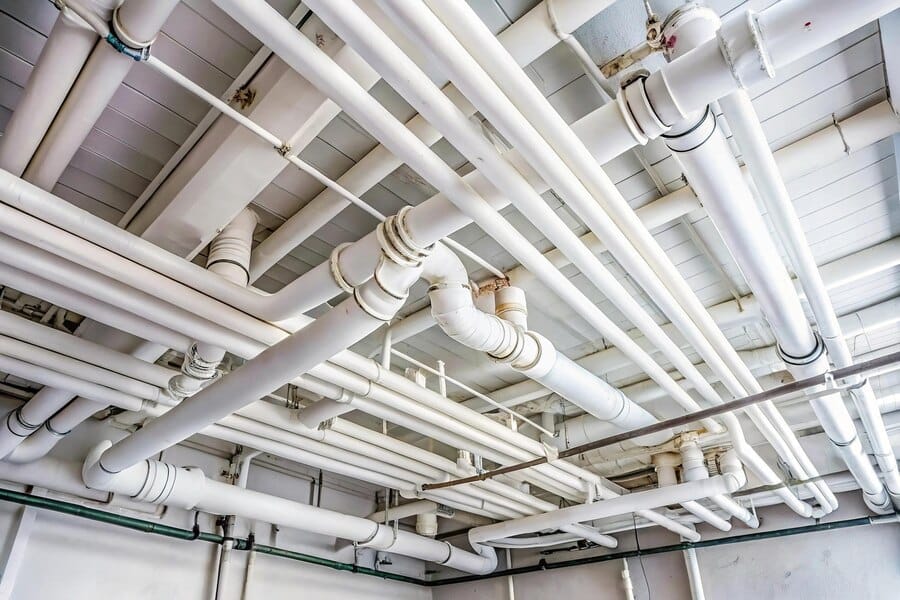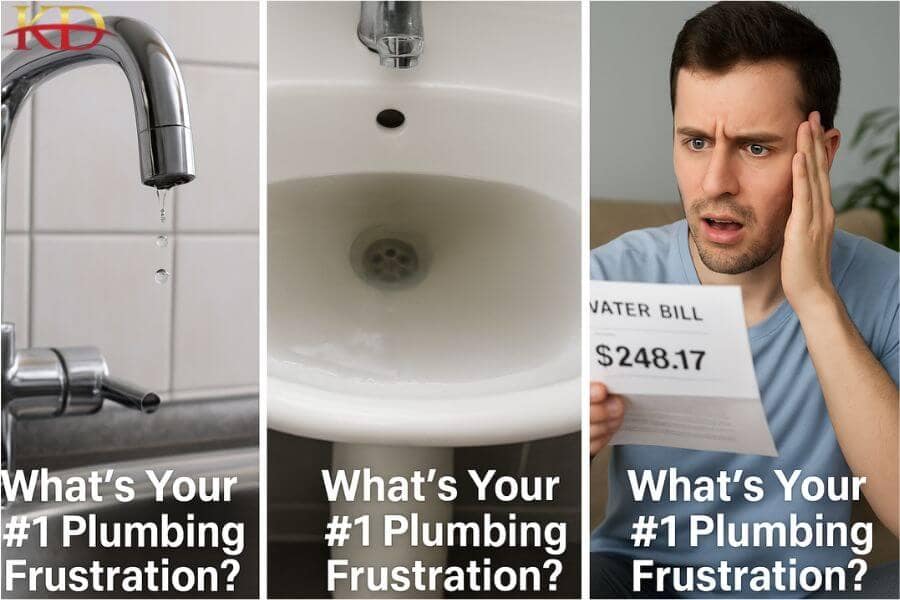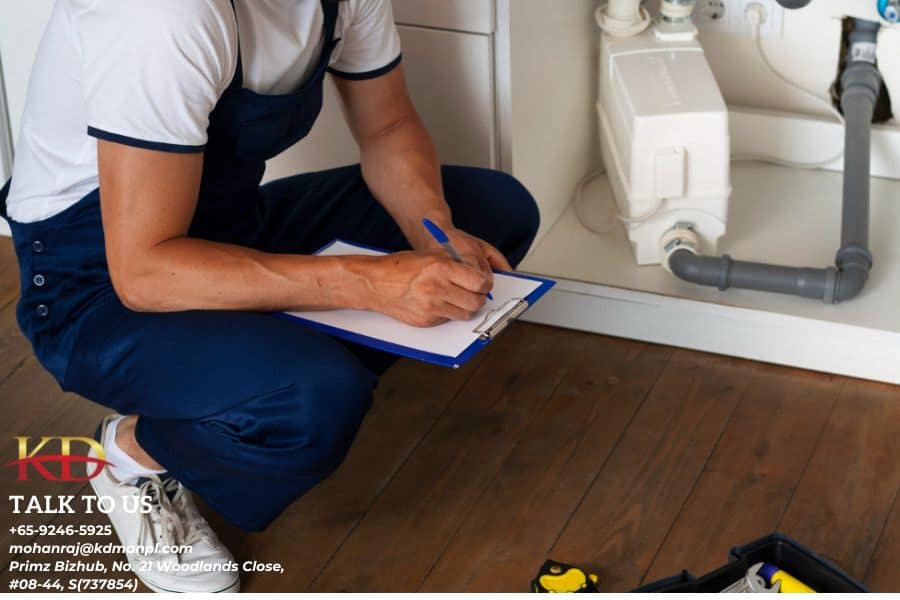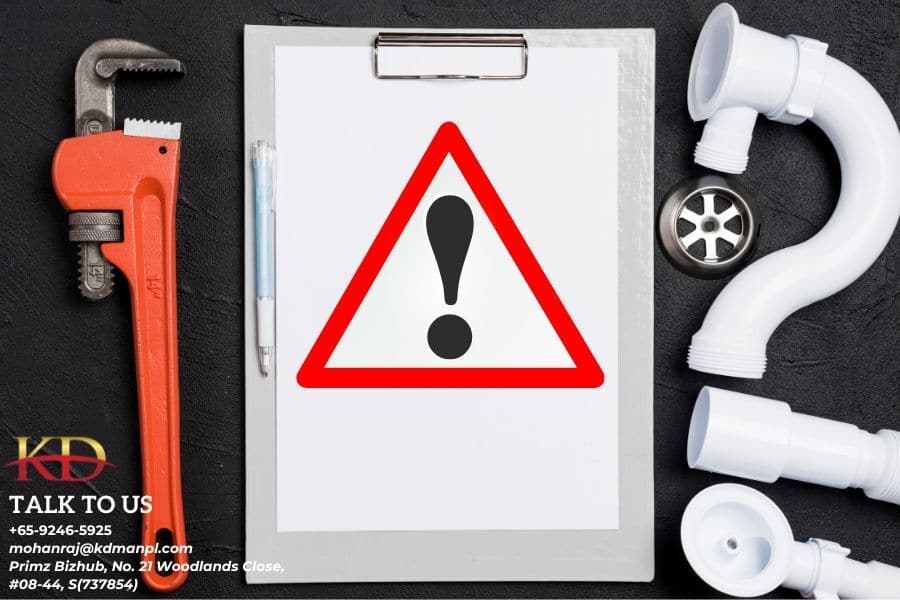As Singapore continues to modernize and push the boundaries of urban development, advanced plumbing solutions are becoming increasingly essential to meet the demands of high-density living and sustainability goals. One such innovation is the vacuum plumbing system, which is transforming how waste and water management are handled in various facilities across the island. Vacuum systems offer several advantages over traditional gravity-based systems, making them a viable choice for specific applications in both commercial and residential settings.
What Are Vacuum Plumbing Systems?
Vacuum plumbing systems use negative air pressure to transport waste and water through a network of pipes. Unlike traditional plumbing systems that rely on gravity to move waste downward, vacuum systems pull waste into a central collection point using air suction. This technology is commonly used in specialized environments such as airports, hospitals, cruise ships, and even high-end residential complexes where space constraints, water conservation, or sanitation concerns demand a more sophisticated approach.
Key Benefits of Vacuum Systems
1. Water Conservation
One of the most significant benefits of vacuum systems is their ability to drastically reduce water usage. In traditional systems, a significant amount of water is required to flush waste through the pipes. Vacuum systems, however, use as little as 0.5 liters of water per flush, compared to the 6 liters used in conventional toilets. This water-saving feature aligns perfectly with Singapore’s focus on sustainability and water conservation.
2. Flexible Design and Space Efficiency
In densely populated areas like Singapore, maximizing space is crucial. Vacuum systems allow for flexible pipe routing, meaning they can be installed in locations that are not possible with gravity-fed systems. Pipes can run horizontally, vertically, or even upwards, making them ideal for retrofitting older buildings or integrating into modern designs with tight space constraints.
3. Reduced Risk of Leaks and Blockages
The design of vacuum systems minimizes the risk of leaks and blockages, as waste is transported more efficiently due to the suction force. Additionally, the vacuum action reduces the chances of corrosion or sediment build-up inside the pipes, leading to fewer maintenance issues and longer system lifespans.
4. Improved Sanitation and Hygiene
Vacuum systems are widely used in environments that require strict sanitation, such as hospitals and healthcare facilities, because they minimize the risk of contamination. Since the waste is immediately sealed and transported away, there’s less opportunity for odors or harmful bacteria to escape into the surroundings.
5. Cost-Effective for Large-Scale Projects
While vacuum systems may have higher initial installation costs compared to traditional systems, they can be more cost-effective in the long run, especially for large-scale projects. The reduction in water usage, maintenance, and repair costs often outweighs the initial investment, making them an attractive option for businesses and high-occupancy buildings.
Applications of Vacuum Systems in Singapore
Given Singapore’s focus on sustainable urban development, vacuum systems are becoming more relevant in a variety of applications:
- Airports: Singapore Changi Airport, known for its innovation, uses vacuum systems to handle waste efficiently while conserving water.
- Healthcare Facilities: Hospitals and clinics utilize vacuum plumbing systems to maintain strict hygiene standards, particularly in critical areas like surgical wards and isolation rooms.
- High-Density Housing: As space becomes increasingly limited, vacuum systems are gaining traction in residential buildings, where they can be installed with minimal disruption and provide long-term benefits.
- Green Buildings: With Singapore’s commitment to green building certifications, such as BCA’s Green Mark, vacuum systems can help developers achieve higher sustainability ratings by reducing water consumption and enhancing overall system efficiency.
Why Vacuum Systems Are the Future of Plumbing in Singapore
As Singapore continues to lead the way in urban planning and sustainability, vacuum systems are poised to become a key component in modern plumbing solutions. With their flexibility, water-saving potential, and ability to meet stringent hygiene standards, vacuum systems are well-suited for high-rise buildings, large commercial complexes, and any environment where conventional plumbing systems may fall short.
Conclusion
Vacuum plumbing systems offer a cutting-edge alternative to traditional plumbing methods, providing significant advantages in water conservation, design flexibility, and hygiene. As Singapore continues to develop, adopting advanced plumbing solutions like vacuum systems will be critical in meeting the city-state’s ambitious sustainability goals and ensuring the efficient management of resources.
At KD Man Pte. Ltd., we specialize in designing and installing state-of-the-art vacuum plumbing systems for a variety of applications. Whether you’re looking to upgrade your commercial facility, retrofit an existing building, or implement an efficient solution for a new development, our team of experts can provide a custom-designed vacuum system to meet your specific needs. Contact us today to learn more about how vacuum systems can benefit your project!





Leave a Reply